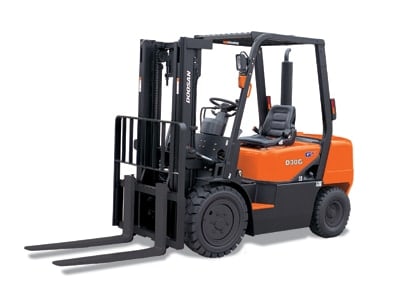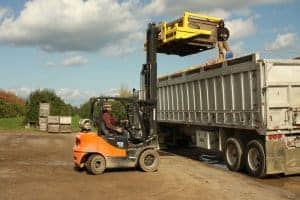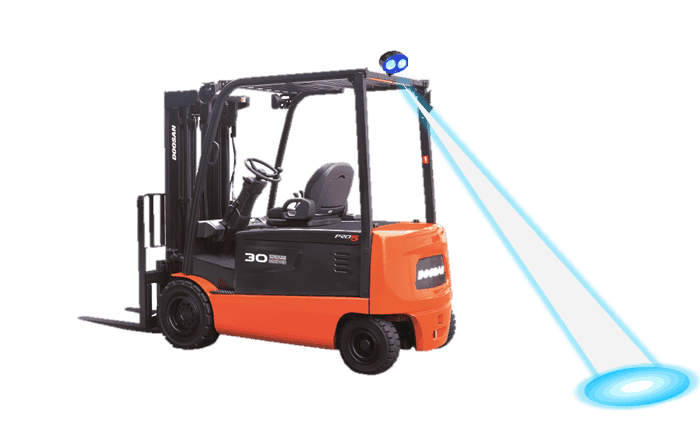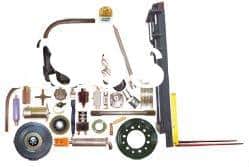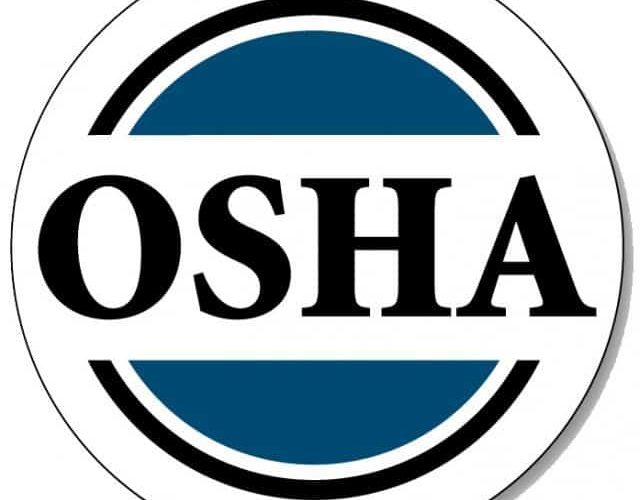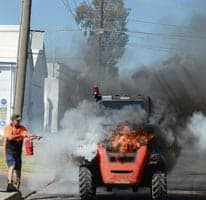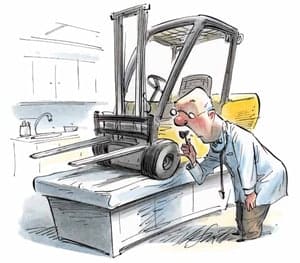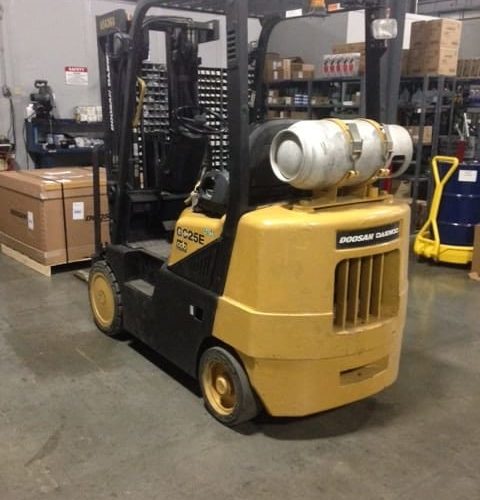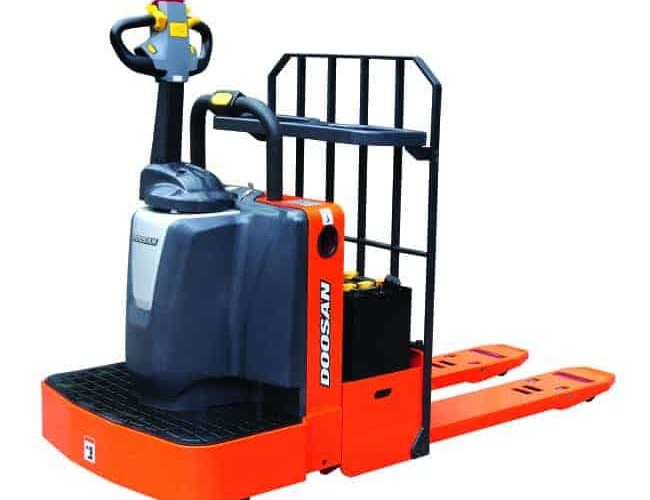DANGER! Propane Safety
Now that we've caught your attention, we thought it might be an opportune time to discuss changing liquid propane tanks on forklifts. While this may be a routine task, there are still safety procedures that need to be followed to avoid hazardous situations.
We ran across the website for the Agricultural Manufacturers of Canada recently, which...
Read More


